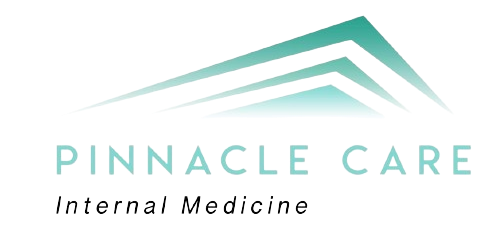DEXA SCANNER
You count on your bones. They provide the structural framework for your body, so it’s important not to take them for granted. Using a DEXA scanner, Pinnacle Care Internal Medicine can keep you informed about the current state of your bones, alerting you to potential issues before you develop any fractures. Plus, this bone-testing procedure is noninvasive and safe. Are your bones healthy? To find out, call Pinnacle Care Internal Medicine in Peoria, Arizona, or schedule your appointment online.
WHAT IS A DEXA SCANNER?
A dual-energy X-ray absorptiometry, or DEXA, scanner is a technology Pinnacle Care Internal Medicine uses to analyze your bone density. Understanding your bone density gives them a tangible metric on the strength of your bones, resulting in an accurate diagnosis of osteoporosis and other bone-related health conditions.
Since women are at a higher risk for osteoporosis, a DEXA scan is a preventive measure recommended earlier for women than for men. If you’re a woman over the age of 65 or a man over the age of 70, this diagnostic test can alert you to challenges with your bones. This helps you take precautions and informs your decision about taking certain medications to slow bone loss.
That said, a DEXA scan isn’t just for those at risk for osteoporosis. Other individuals can benefit from this test, including:
- People with back pain that could be the result of a spinal fracture
- People who are getting shorter
- People who received an X-ray that showed spinal bone loss or breakage
WHAT HAPPENS DURING A DEXA SCAN?
Unlike an MRI, you won’t need to go into an enclosed space to receive this test. Instead, you’ll lay on your back on an open X-ray table as the DEXA scanner goes to work analyzing the density of the bones in your spine and hips. A DEXA scan usually takes between 10 and 20 minutes.
During your scan, the machine will send two X-ray beams, one high-energy and one low-energy, into the targeted areas. The denser your bone is, the less the X-rays will be able to pass through your bone.
By analyzing the difference between the beams as they traveled through the bones of your hips and spine, Pinnacle Care Internal Medicine creates a T-score. This shows you how your bone density measures up to a healthy 30-year-old’s (your bones are at their strongest at age 30).
If your T-score is at -1.0 or above, your bone density is normal. Anything below that means you either have osteopenia (low bone density) or osteoporosis. If either is the case for you, Pinnacle Care Internal Medicine works with you to develop a treatment plan to keep your bones as strong and healthy as possible.
If you want to learn more about your bone health, call their Peoria, Arizona, office, or book your appointment online.
